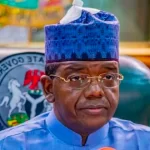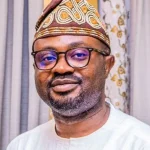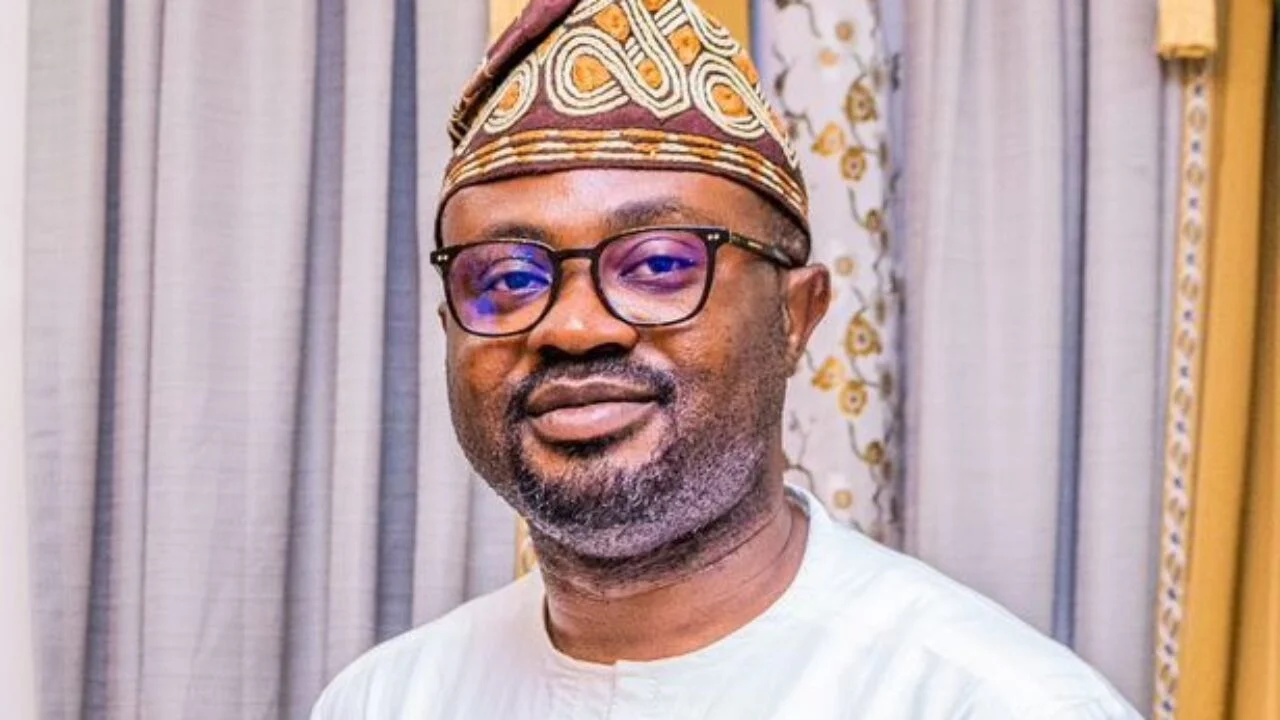
The Federal Government has discontinued foreign training programs for scholars, shifting its focus to enhancing local capacity by investing in Nigerian universities. This move aims to develop homegrown talent through improved infrastructure and educational resources.
The Minister of Education, Dr. Mauruf Alausa, announced this during a conference organized by the British Council in Abuja. The event, themed “Building Sustainable and Relevant Tertiary Institutions and Systems in Africa,” gathered stakeholders to discuss the future of education on the continent.
Dr. Alausa stated that funds previously used for training one scholar abroad could train multiple individuals locally.
“We have decided to cancel foreign training for scholars. The amount of money spent to train one scholar abroad could train 20 people here. We will be training everyone locally,” he said.
He noted plans to invest in local universities by building simulation labs and improving research and staff welfare.
“We will focus on research, innovation, and welfare,” he said.
Dr. Alausa outlined the government’s focus on technical and vocational training, which includes providing tuition support and practical training with master craft persons.
“The curriculum will be 80% practical training and 20% classroom learning, and graduates will receive entrepreneurial grants,” he explained.
The minister also addressed concerns about the education budget, highlighting government spending on tertiary institutions.
“People overlook the funds allocated to federal universities, polytechnics, and colleges of education,” he said.
Read also:Customs intercepts stolen vehicles from Canada
Dr. Richard Montgomery, the British High Commissioner to Nigeria, stressed the importance of building sustainable tertiary institutions in Africa to address the needs of a growing population.
“Africa’s young population is projected to reach 2.5 billion by 2050. There is a need to harness this demographic for economic growth through strong education systems,” Montgomery said.
He noted the UK’s transnational education partnership with Nigeria, which aims to strengthen ties between universities in both countries.
“In 2022, about 750,000 overseas students studied in the UK, including tens of thousands from Africa,” he said.
Steve Smith, the UK Prime Minister’s International Education Champion, emphasized the importance of equitable education partnerships with Africa, focusing on research collaboration and aligning educational goals with societal needs.
NAN.










